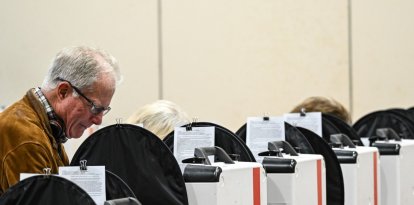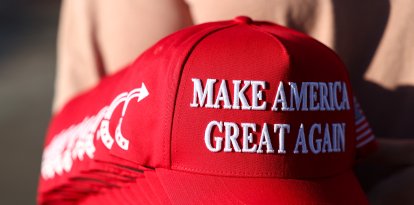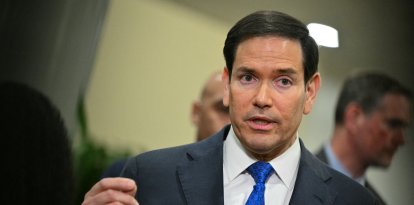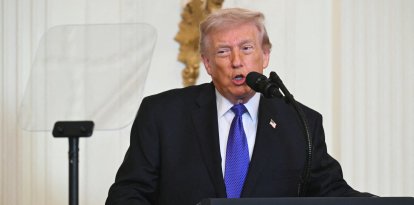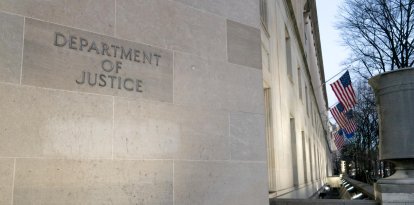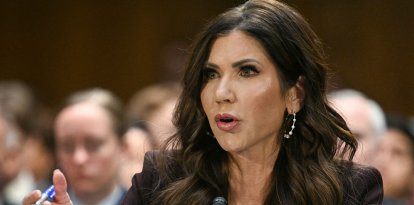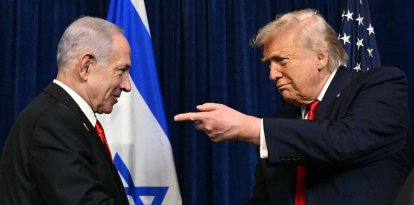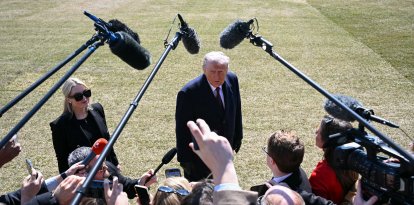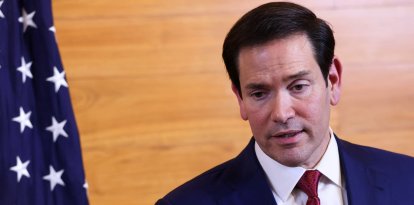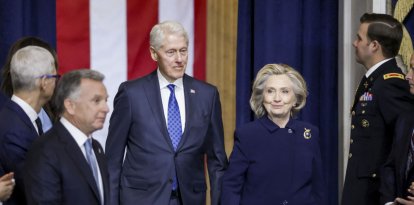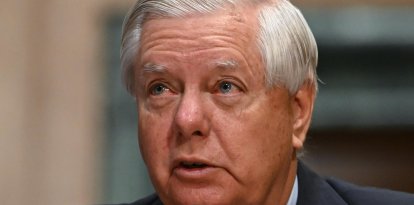Black citizens file suit against New York for allowing foreigners to vote
They allege that the rule, which would allow almost one million foreigners to vote in local elections, produces "racial discrimination".
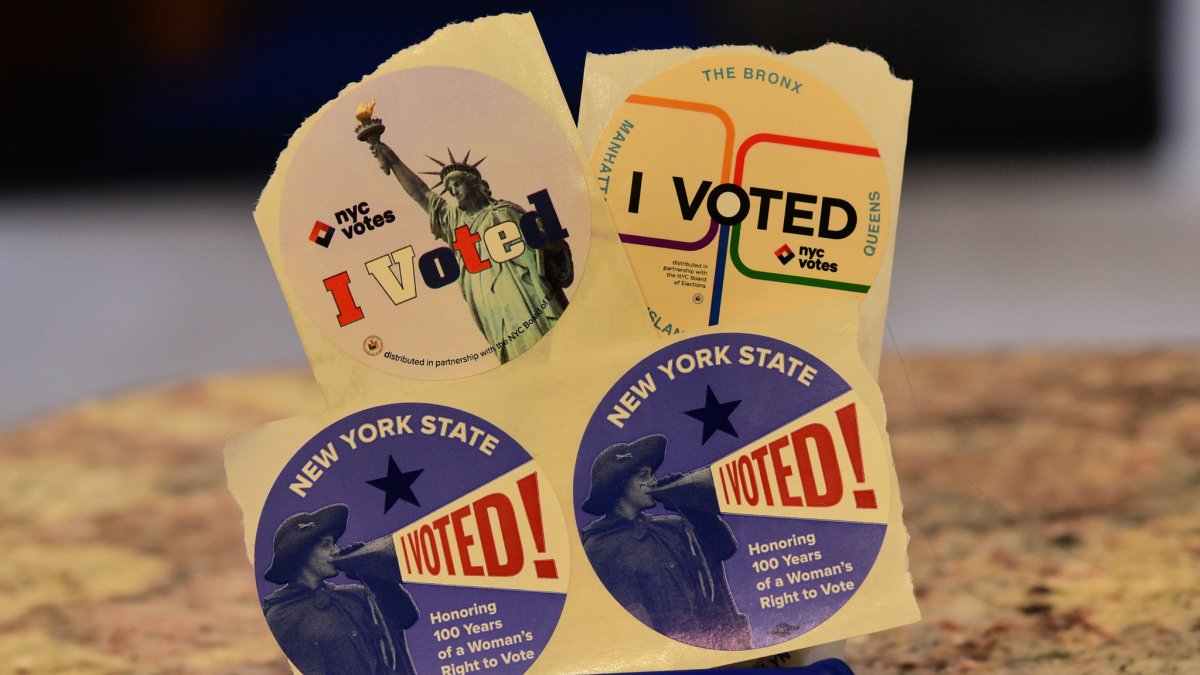
slgckgc/ Flickr.
Four black citizens filed a complaint against federal lawsuit against the Board of Elections and the City of New York over the passage of a law that would allow almost one million foreigners -with green cards, visas and work permits- voting in the local elections, provided they have resided in the city for at least 30 consecutive days.
Phyllis Coachman, Deroy Murdock, Katherine James, and Anthony Gilhuys, represented by the Public Interest Legal Foundation (PILF) believe the law violates the 15th Amendment and the Voting Rights Act and takes direct aim at the racial discrimination. In addition, citizens allege that it is intended to dilute the votes of black Americans by adding hundreds of thousands of Hispanic and Asian immigrants to the voter rolls.
A law with "racial purpose" and loyal support from the mayor
The bill was passed earlier this year by the 51 Democratic members of the New York City Council. For his part, Mayor Eric Adams endorsed the plan and told The New York Post that he is sure the law will be good for the "democratic process."
The lawsuit by Coachman, Murdock, James and Gilhuys claims that the law passed in New York violates the 15th Amendment and the Voting Rights Act:
In addition, the complaint points out the percentage of the foreign population living in the U.S. and how they will be affected if they are able to vote in the election:
End of case
Citizens and the city's Republican Party had previously filed two lawsuits in New York State. They cite that the constitution is explicitly clear that voting is a right guaranteed only to U.S. citizens.
The NY Supreme Court upheld the arguments and struck down the law as "illegal, null and void" because "it is clear (...) that voting is a right granted to American citizens".
The federal lawsuit filed by the four U.S. citizens is the third to challenge the law, but the first to ask the federal courts to intervene to block its enforcement.













